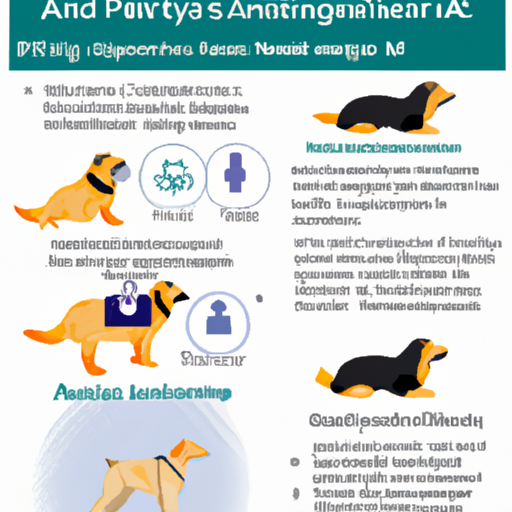“`markdown
What Do Service Dogs Help With?
When you’re a caregiver, you know that every little bit of aid can make a huge difference. One surprising source of support can come in the form of a four-legged friend – service dogs. These specially trained animals are more than just pets. They’re lifelines for many people in need.
1. Physical Assistance
Service dogs can be trained to perform a variety of tasks that aid those with physical disabilities. These include:
- Retrieving dropped items
- Opening and closing doors
- Turning light switches on and off
- Pulling a wheelchair
- Assisting with balance and mobility
For those in your care struggling with mobility or dexterity, a service dog could be an invaluable addition to their support system.
2. Medical Alert and Response
Some service dogs are capable of detecting changes in a person’s health before they’re even aware of it themselves. This can be especially crucial for conditions like:
- Diabetes
- Epilepsy
- Heart disease
- Allergies
These dogs can alert caregivers or even directly activate emergency systems, offering peace of mind and potentially saving lives.
3. Mental Health Support
Service dogs can also provide psychological and emotional support. This can be particularly beneficial for those living with:
- Post-traumatic stress disorder (PTSD)
- Anxiety disorders
- Depression
- Autism
The comforting presence of a service dog can help alleviate panic attacks, provide a calming influence, and even interrupt harmful behaviors.
4. Independence and Confidence
Beyond their practical help, service dogs also offer emotional benefits. They can boost the confidence of those they assist, promoting independence and reducing the feelings of isolation and stress.
5. The Bond of Companionship
Never underestimate the power of companionship. For many, a service dog becomes a beloved companion, providing unconditional love and friendship in addition to their practical assistance.
| Service Dog Tasks | Benefits |
|---|---|
| Physical Assistance | Increased mobility and independence |
| Medical Alert and Response | Early detection and emergency response |
| Mental Health Support | Calmness and emotional stability |
| Independence and Confidence | Reduced reliance on human caregivers |
| Companionship | Unconditional love and friendship |
Frequently Asked Questions
Q: How are service dogs trained?
A: Service dogs undergo rigorous training, often starting as puppies. They are trained to perform specific tasks and to behave appropriately in a variety of settings.
Q: Can any dog become a service dog?
A: While many dogs can be trained to perform service tasks, certain breeds are more commonly used due to their size, temperament, and trainability.
Q: How can I get a service dog?
A: There are many organizations that train and provide service dogs. It’s important to research and find a reputable organization that can meet your specific needs.
Q: Do service dogs ever get to “just be dogs?”
A: Yes! While they have important jobs, service dogs also have downtime where they can play and relax.
Q: Are service dogs allowed in public places?
A: Under the Americans with Disabilities Act, service dogs are allowed in most public places.
“`



